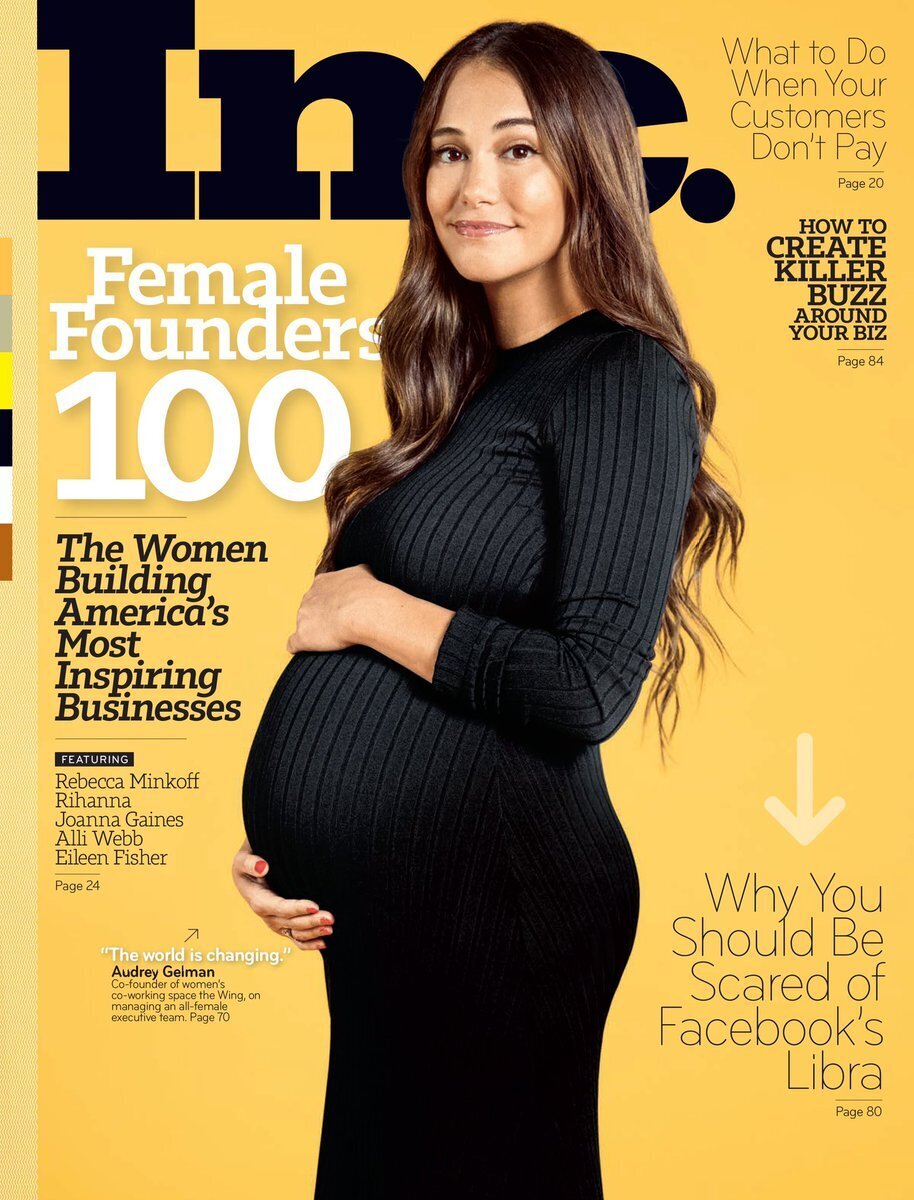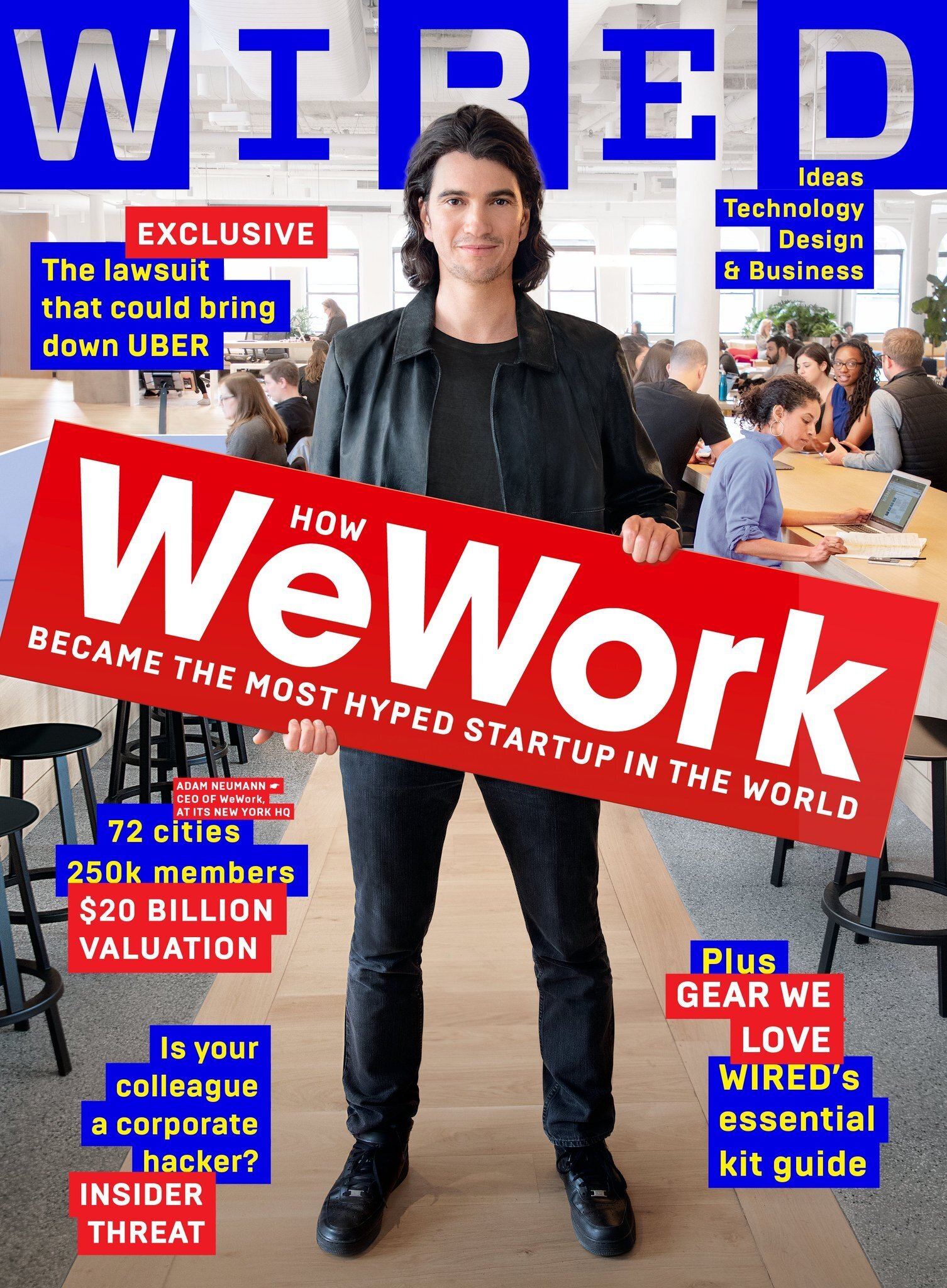Shifting the cultural narratives of female entrepreneurs - WIN London Mind Salons
Amidst the rapid change and uncertainty over the past month, the WIN community continues to enable connections between our incredible network of women, and facilitate experiences where we can reflect, collaborate and learn.
To create a space to share and debate, WIN London launches Mind Salons; 45 minute online breakfast sessions of small groups discussing a specific and culturally relevant topic. The Mind Salons offer an opportunity to challenge our minds, workshop solutions and step away from work and COVID-19. And for our first month of Mind Salons, we wanted to honour the belief that positive, constructive and critical conversations about female leadership are vital to build community, drive innovation and support gender equality in business.
In early April, WIN London’s Justine, Meredith, Chloe and Joëlla piloted the first Mind Salon posing the question “How can we engage with, and support, positive narratives around female entrepreneurs?” At a time when publicity for female CEOs of companies like Soulcycle, Nasty Gal, and Theranos are highlighted for their failures, we discussed how they are portrayed differently to their male counterparts and what impact that has on the success of female leaders. The discussions were centered around an NYT article The Wing is a Women's Utopia. Unless You Work There that highlights some of the tensions around female representation, entrepreneurship and leadership.
Looking to reconnect and inspire your team and networks? The Mind Salons are designed to be replicated by you, so that you can use them with your community to think and grow. If you’d be interested in hosting your own Mind Salon on the topic of positive female entrepreneurship narratives, feel free to share around the article and use the prompts at the bottom of the page to facilitate your own discussion.
Christina Nesheva, Co-founder of ViiV Healthcare and WIN London Ambassador, facilitates an intimate Mind Salons with some of the WIN Community.
Here are the 3 key take-outs from the first WIN Mind Salon sessions that you can debate in your own sessions:
1. Leadership expectations are shaped by gendered perceptions
Male and female leaders can be equally competent but our perceptions around their leadership qualities, characteristics and behaviours are influenced by our conscious and subconscious ideas of gender roles. Female leaders are expected to be friendly and ‘nice’, while men can be expected to be tough in their style. Findings published in the Harvard Business Review suggest that female leaders can either be perceived as being competent or being nice, but being seen as both competent and nice is a privilege mostly left for male leaders. Perceptions of female entrepreneurship tend to feature strong binaries like leadership, including ‘like and dislike’, business ‘success or failure’ but can lack nuance and complexity in the interrogation of the role of gender. Our judgement of female entrepreneurs can reinforce gendered leadership narratives and female leader stereotypes.
Moving forward > There is an opportunity for us to reconsider the role of our own biases, question how we are adding to the gendered narrative and challenge ourselves to use the same language to describe both male and female leaders. Asking ourselves:
Would we really respond in the same way if this was a male led business?
How are the words and visuals used to describe the success and failure of male and female entrepreneurs the same and different?
[Audrey Gelman] wrote that she had tried to play the role of the perfect “girlboss,” promoting the “fantasy” that a female founder could “have it all.” But behind the scenes, she wrote, her “fear of failure” had led her to obscure the “real challenges” unfolding at the Wing.
2. Business context and internal (start-up) culture can’t be separated from female entrepreneurship narratives
With female leaders being fairly new to many businesses, female leadership is placed under a microscope in (established) businesses and further ‘supercharged’ in a start-up environment. Fast moving, competitive business environments come with an array of challenges; leaders and business are under high pressure to succeed, internal company culture and values can’t always keep up with fast company growth and founders are not always fit to lead large organisations. Within these leadership narratives, female leaders can be under additional pressure to be able to do it all and not show weakness. As one of the Mind Salon attendees mentioned, ‘women now must be the success generation, a success for one woman is a success for all of us’. Female entrepreneurship narratives can thus not be separated from the business context, industries and company cultures they are part of, but we can change the way we describe and communicate about the successes and failures of leaders.
Moving forward > to constructively contribute to female entrepreneurship narratives, we can aim for authentic, honest and more transparent communications about the reality of female leadership. We can embrace vulnerability in telling our own stories and recognise that we can learn as much from sharing the good and the bad. In this context we can ask ourselves’
What could be the role of the business and industry context in the female entrepreneurship narrative?
How do our leadership ideals play into our perceptions of female entrepreneurs? How are they different for male entrepreneurs?
Adam Neumann, CEO of WeWork and Audrey Gelman, founder of The Wing are portrayed very differently in the media despite holding similar roles.
Stepping into a Wing location feels a little like being sealed inside a pop-feminist Biodome. It is pitched as a social experiment: what the world would look like if it were designed by and for women, or at least millennial women with meaningful employment and a cultivated Instagram aesthetic.
3. Female focused businesses are held to other, higher ethical standards
Start-ups that place women and feminist values at the core of their products are under additional pressure to make the right, ethical decisions for their products, consumers, employees and communications. These values, mission or activism driven businesses, such as The Wing and Thinx, often spark controversy for not ‘walking the talk’. The media and consumers perceive a disconnect between the communication of inclusive and diverse feminist values and the everyday reality of the organisation’s culture. There can also be the additional expectation that when creating a product for women, the product needs to work for all women. Female entrepreneurs leading start-ups in the female space can receive pushback or judgement on their feminist ethics as well as their leadership abilities - something that is less prevalent in narratives on male leadership.
Moving forward > to support a shift to positive female narratives, we can look to interrogate the complexities of female-centric businesses, not just criticise female entrepreneurs for their choices, by asking ourselves;
What are (additional feminist) standards are we placing on female entrepreneurs and their businesses?
How might we better understand the tension between feminist ideals and the start-up reality of scaling-up and profitability?
The Wing’s merchandise — key chains that read “girls doing whatever the [expletive] they want,” tote bags that say “TAKING UP SPACE,” socks that read “PAY ME” — invite members and nonmembers alike to telegraph that feminized mode of ambition, coyly aestheticizing the kind of entitlement that comes so easily to many men.
Toolkit to facilitate your own Mind Salon
If you would like to host your own Mind Salon on this topic, share the article and you use these questions as prompts, thought starters or a discussion guide:
How is this gendered? Is this just a startup thing or this is uniquely a female issue? Are we oversensitive?
How is inexperience viewed when you are a woman? Do we have different ways that we are vulnerable and ways that we are allowed to show it?
Are female leaders held to different standards?
What can we learn from this? How does this impact how you act and how can you build a support network so this doesn't happen to you?
Try to come away with 3 or 4 key recommendations with how you and your network can solve the problem.
Would you like to read some more about the topic?
We’d encourage you to have a look at some more articles about female leadership in start-up organisations. You can read more about the journey of Outdoor Voices company here and controversy around ThirdLove (thanks to our attendee Risham for sharing) here.
Thanks to Justine, Meredith, Chloe, Joëlla and Carolina for hosting and the LDN WIN community for joining us for such thought-provoking breakfast sessions.
In the coming months, WIN London will be organising more of these Mind Salons around topics of female leadership and innovation so stay tuned for more callouts and insights. In the meantime, if you have any suggestions for topics or themes for future Mind Salons or would like to (co-)lead a session, don’t hesitate to reach out, we’d love to hear from you!
Editorial: Joëlla Bril
WIN: Women in Innovation Copyright (c) 2020 All rights reserved. This content may not be reproduced or repurposed without written permission from WIN: Women in Innovation (501(c)3). This blogpost is provided for your personal use only.



